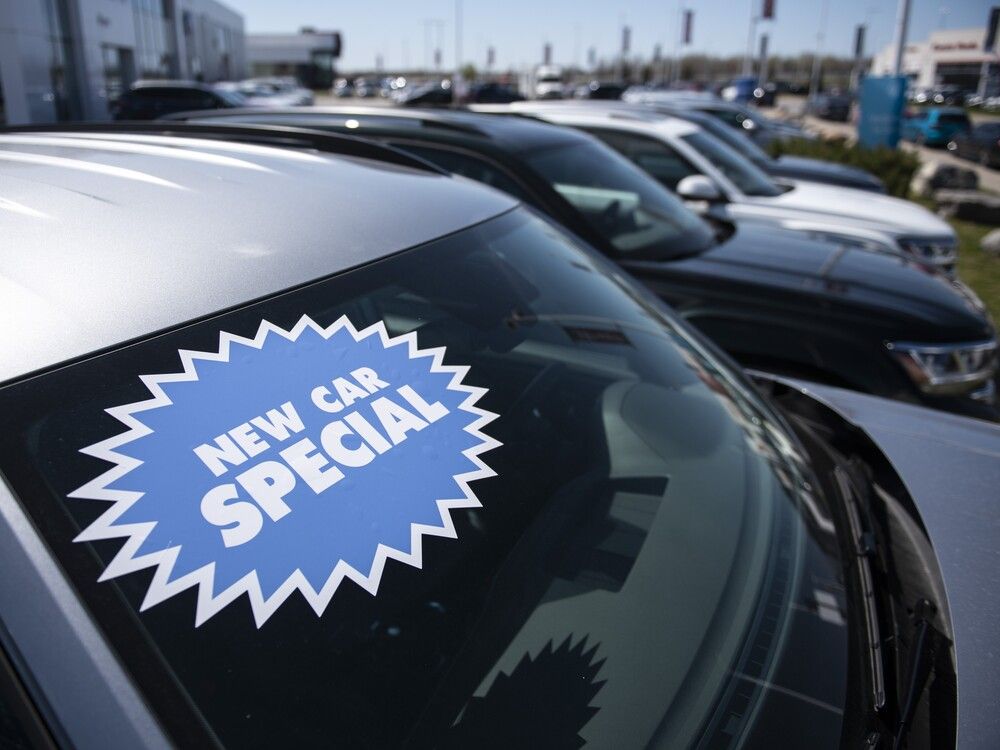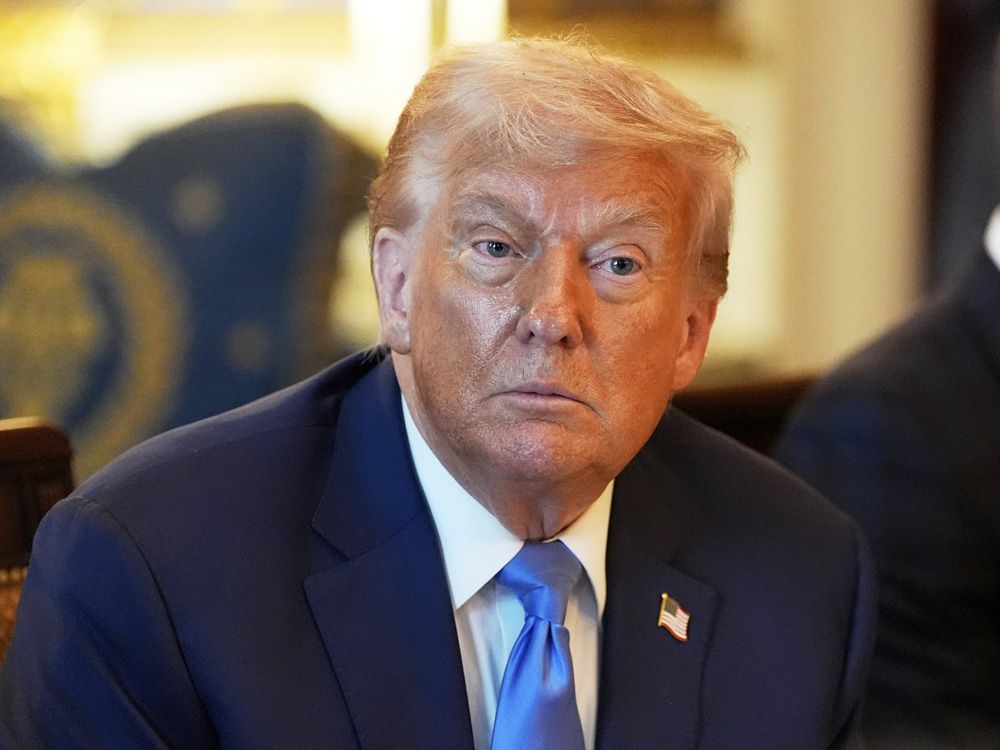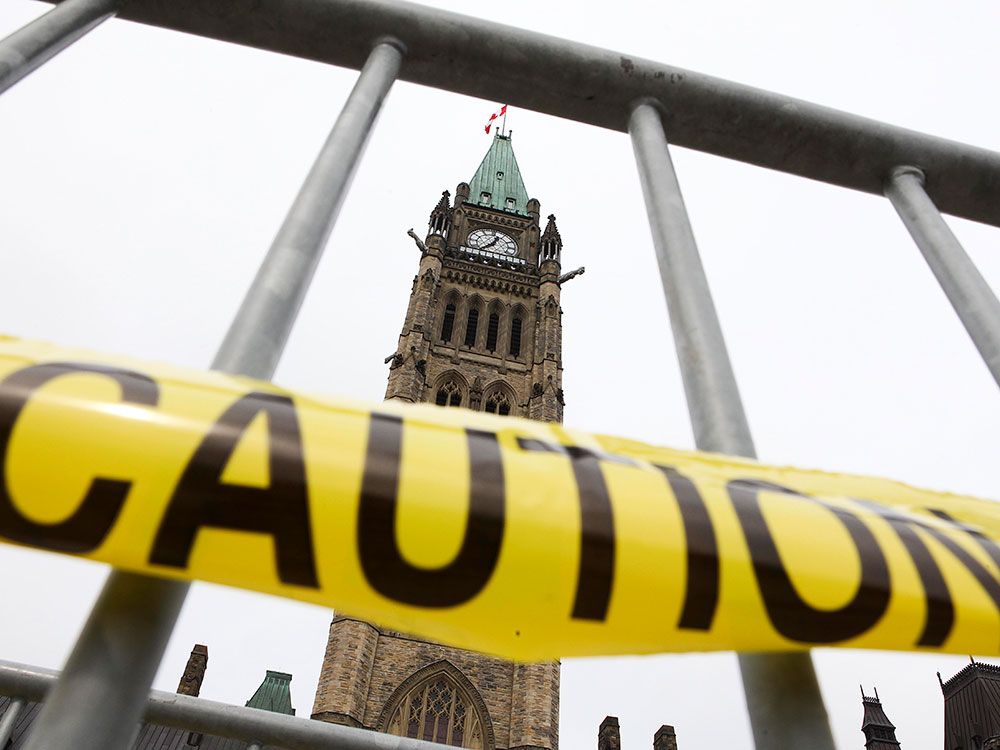The
Canadian Automobile Dealers Association
(CADA) has issued a five-point plan to keep
auto prices manageable
as a
trade war with the United States
drags on, including policies that could reverse some of the
auto sector integration
that has characterized the past half-century.
“The Canadian auto sector is in turmoil
as a result of the tariffs
,” Tim Reuss, chief executive of CADA, a
lobby group for auto dealerships
, said. “While we applaud the current Canadian government on its measured response to not make the situation worse, it is clear we are fast approaching a consumer affordability crisis.”
The situation shows that U.S. tariffs on steel, aluminum, vehicles and potentially vehicle parts next month are already affecting the integration of the North American auto sector.
One part of CADA’s plan that was released Tuesday calls for an expansion of Canada’s regulatory framework to allow vehicles that meet safety standards in the European Union, Japan and Korea to be imported.
Under the current system, Canada relies on U.S.-defined environmental and safety standards for vehicles sold here. Economists say the Canadian market by itself is not large enough to justify its own manufacturing standards.
“For far too long, Canada has been beholden to the U.S.-defined environmental and safety standards for vehicles at the exclusion of all others,” Reuss said. “This means that Canadians only get those vehicles and brands that Americans consider attractive and affordable.”
Opening the market to vehicles certified by other countries — on a permanent basis — would bring more brands into the marketplace and likely more affordable options, according to CADA.
Some smaller vehicles, such as hatchbacks, are often not sold in Canada or the U.S. because their sales volumes do not justify the costs of modifying manufacturing lines to meet U.S. regulations, Reuss said.
But he said other countries have different, but not necessarily more lax regulatory frameworks that would still meet Canadian expectations for things such as road safety and the environment.
“This measure would represent an expansion of Canada’s trade horizons and is supported by almost all manufacturers, including American ones, and would not be seen as a retaliation for any U.S. activity,” he said.
No one knows the exact impact the trade war will have, but it arrives at a fraught moment, with new vehicle prices in Canada having
risen by as much as 43 per cent
since 2021, according to one estimate. Those increases were largely considered a result of the supply chain breakdowns during and after COVID-19, as well as the overall price inflation that has occurred in recent years.
Now, auto sector professionals are concerned the trade war will push up prices to a crisis point.
In March, the U.S. levied 25 per cent tariffs on Canadian steel and aluminum, both of which are used in auto manufacturing. That was followed by 25 per cent tariffs on autos in April and may be expanded to auto parts next month.
Canada earlier this month announced retaliatory tariffs of 25 per cent on U.S.-made autos that are not compliant with the
Canadian-United States-Mexico Agreement.
Reuss said he is already hearing that some manufacturers plan to move their supply chains out of the U.S. for certain models, or are considering it, to avoid tariffs on vehicles being exported to Canada. That could affect inventory levels in Canada and lead to price increases.
“Let’s get ahead of this,” he said. “These are some of the things we can do.”
Other points in CADA’s plan have long been on the wish list of automakers and auto dealers in Canada, including ending electric vehicle mandates, which exist at both the federal level and in some provinces, and call for a steady increase during the next decade in the percentage of new vehicles that are “zero-emission” vehicles, such as
battery-electric or hybrid plug-in electric vehicles
.
Reuss said Canada lacks the charging infrastructure to support the government’s EV targets and that consumer demand for EVs is not strong enough anyway.
A third point in the plan calls for the federal government to make dealerships whole after a federal program that provided rebates on the cost of an EV
abruptly ran out of money in January
.
Reuss said dealerships are owed an estimated total of $8 million to $11 million that they fronted to consumers purchasing an EV before Transport Canada announced its fund had run out of money.
“While we have received some political assurances this will be done, nothing has happened,” he said.
The other two points include a warning that banks are “once again trying to muscle their way into being able to lease vehicles to consumers” and a plea to legislators to not allow this, as well as an end to
the vehicle luxury tax
, which affects certain vehicles priced above $100,000 and Reuss said is too complicated.
“We need to get the message out regardless of who the next prime minister is,” Reuss said. “We can’t control the White House and tariffs. These are things we can control.”
• Email: gfriedman@postmedia.com
Bookmark our website and support our journalism: Don’t miss the business news you need to know — add financialpost.com to your bookmarks and sign up for our newsletters here.
Canadian auto dealers release five-point plan as trade war with U.S. threatens industry
2025-04-22 17:33:51





